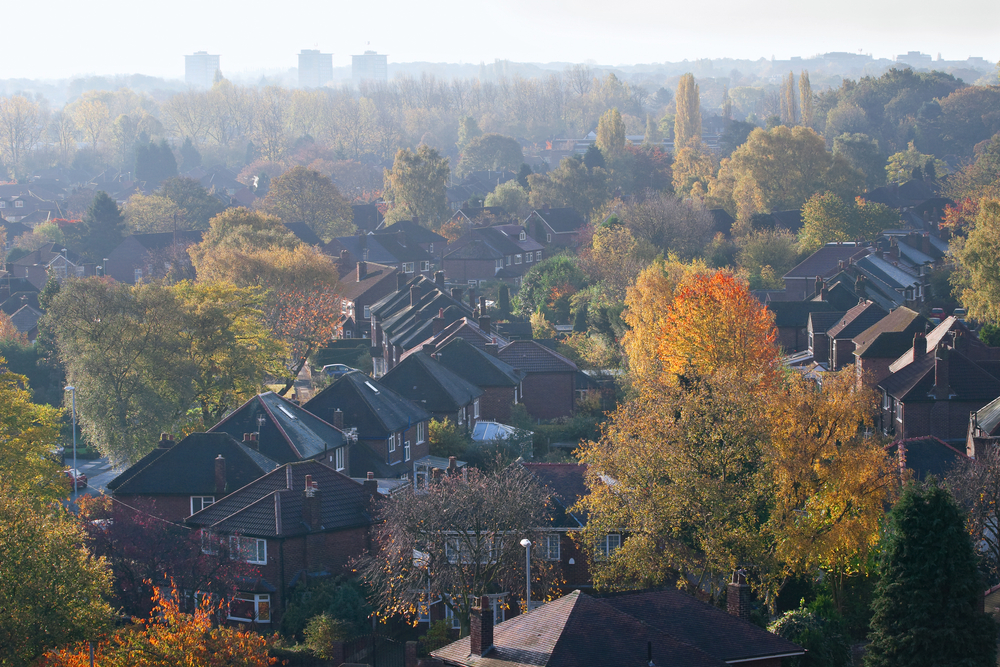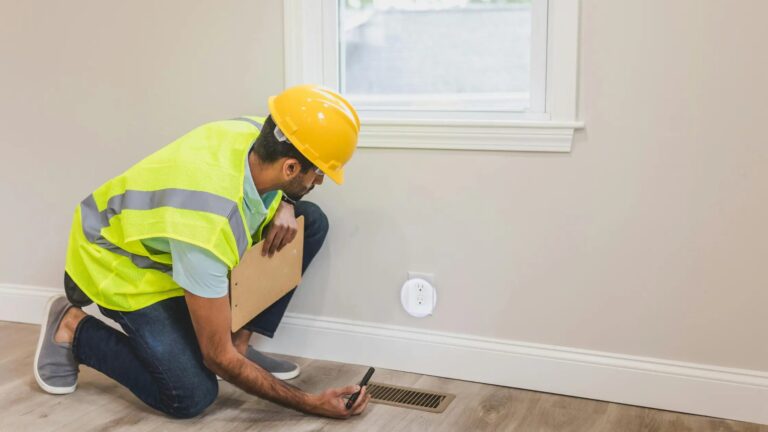The government has put forward proposals to introduce Awaab’s Law to the private rental sector.
While the details and timeline for this potential roll out hasn’t been confirmed, there are actions private landlords can take now which will help if this ever becomes law.
To help, we’ve put together a guide to Awaab’s Law, breaking down what it means for landlords, how to get ready, and how we can help you stay compliant.
Discover flexible property management
What is Awaab’s Law?
Awaab’s Law was created after the death of Awaab Ishak, a two-year old who died from a respiratory condition caused by mould in the flat where he lived. It requires landlords to fix damp and mould issues quickly.
Now, the government wants to extend this to private rentals, however the details of how this will work have yet to be confirmed.
How does Awaab’s Law work in social housing?
In social housing, landlords must:
- Investigate within 14 days of a complaint
- Fix non-urgent issues within 7 days
- Address urgent problems within 24 hours
- Provide alternative accommodation if needed
- Give tenants detailed reports
When will it affect private landlords?
Awaab’s Law is a part of the new Renters Rights Bill, which is still being worked out.
However, when you work with the letting experts at Parkers, we can make sure your rental properties are kept compliant with this and any future legislation.
Learn about our flexible property management
How landlords can get ready for potential changes to their let from Awaab’s Law
- Run regular property inspections and keep records
- Make it easy for tenants to report problems
- Have a plan to fix issues quickly
- Educate your tenants about damp and mould
- Stay informed about new rules
How Parkers can help
Get in touch with your local Parkers branch today. We’ll help you keep your properties safe, your tenants happy, and your lets running smoothly.







